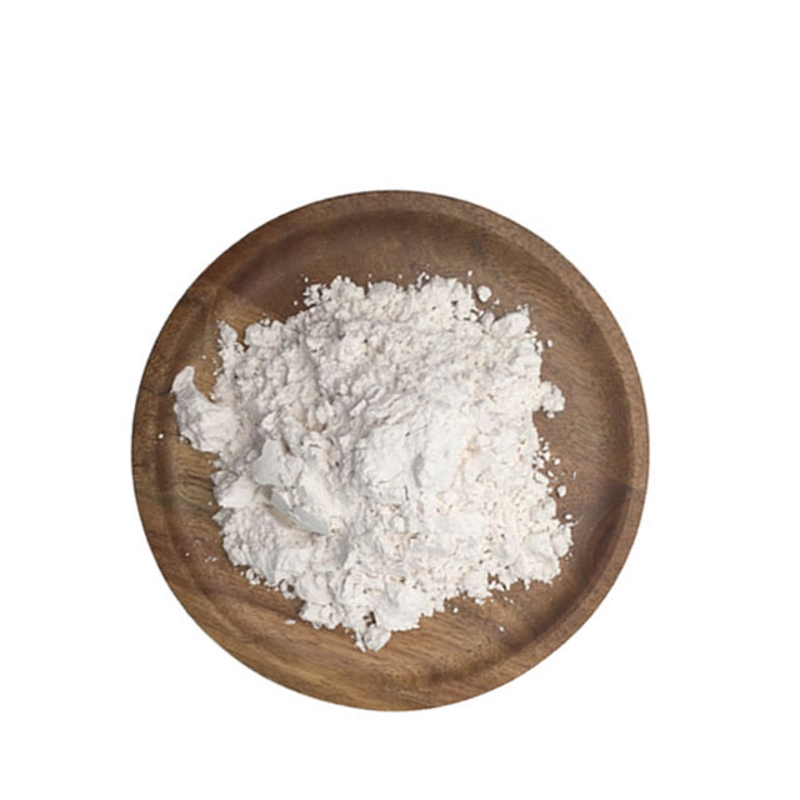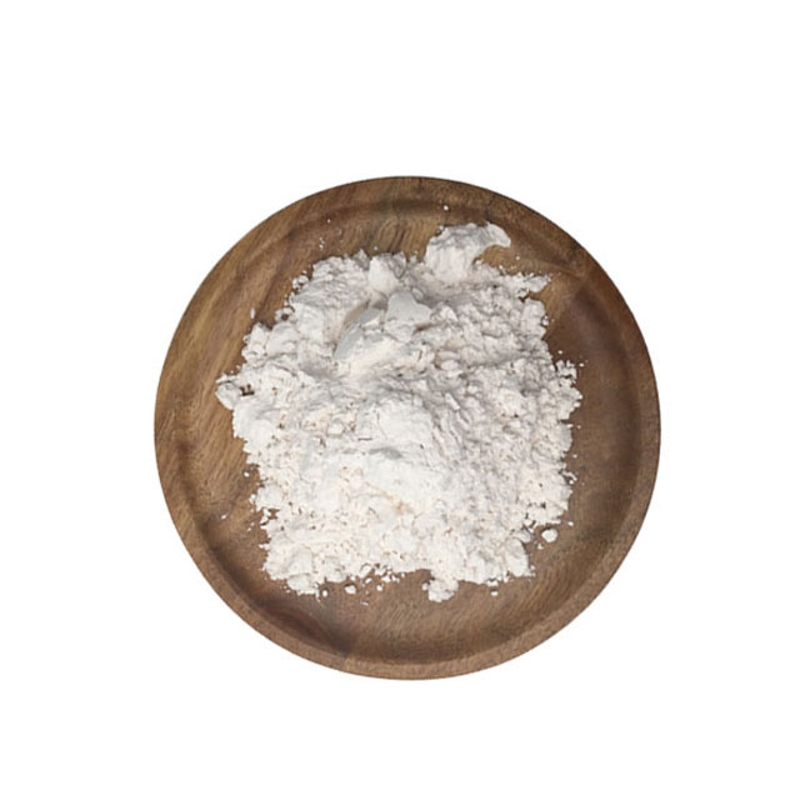ELife: why do we choose high fat, high calorie food after staying up late and losing sleep?
-
Last Update: 2019-10-14
-
Source: Internet
-
Author: User
Search more information of high quality chemicals, good prices and reliable suppliers, visit
www.echemi.com
October 14, 2019 / BIOON / -- when you don't get enough sleep, you may want to eat doughnuts, chips and pizza Recently, an international magazine published in eLife In the previous study, scientists from Northwestern University revealed why people are eager to eat high calorie, high-fat food after a sleepless night, and how to help people improve these unhealthy choices Photo source: cc0 public domain Research shows that lack of sleep can affect the olfactory system of the body in two ways Firstly, it will enter a highly active state and let the taste of food stimulate the brain, so as to help the body better distinguish the smell of food and non food However, the communication between it and other brain regions receiving food signals will take place at the terminal, at this time, the decision about what to eat will change 。 Professor Thorsten kahnt, researcher, said that when we don't get enough sleep, these brain areas can't get enough information At this time, we will compensate by selecting organisms rich in energy signals, but it is also possible that these other areas don't pay attention to the sharp signals in the olfactory cortex of the large brain, which may also lead to the host choosing doughnuts and chips Previous studies have shown that sleep deprivation can increase the secretion of some endogenous cannabinoids, which are produced naturally by the body, and are very important for the body's eating behavior and the brain's response to smell In this study, the researchers conducted two experiments on 29 men and women aged 18-40 The participants were divided into two groups One group had normal sleep at night and was allowed to sleep for only four hours after four weeks; the other group had the opposite situation On the second day after sleep (good sleep or lack of sleep), the researchers provided participants with a controlled breakfast Lunch and dinner menus were served with a snack buffet, and the researchers then looked at what and how many participants ate The researchers found that participants changed their choice of food When they did not get enough sleep, they would eat high energy density (more calories per kilogram), such as doughnuts, chocolate cookies and chips At the same time, the researchers also measured the levels of two endogenous cannabinoids (2ag and 2og) in the blood of participants, and the level of 2og in the body of participants who did not get enough sleep would rise High, and the increase of its level is related to the change of host's diet choice In addition, the researchers asked the subjects to perform fMRI scans before eating the buffet, and then when they looked at the pear shaped cortex (the first cortical area receiving the nose input) in the participants' brains, they showed participants some different food smells and non food controlled smells The researchers found that when the participants were not sleeping enough, the activity of pear cortex in their brain was very different between food and non food smell Pear cortex usually transmits information to another brain region, insular cortex The insula of brain can receive very important signals for food intake, such as smell and taste, and how much food there was in the host's stomach However, the level of connection between the insula and the piriform cortex of the sleep deprived participants was weak, and the degree of this decrease was related to the degree of 2og, as well as the degree of changing the food selection when the participants were sleep deprived When the piriform cortex fails to communicate with the insula normally, people will start to choose more high-energy food, so what's the solution? Getting enough sleep can help us pay close attention to how our noses affect our food choices The results of this study show that lack of sleep can make our brain more vulnerable to attractive food smells, so the next time we choose to take the 6:00 a.m flight, we might as well bypass the local doughnut shop Original sources: Surabhi bhutani, James D Howard, Rachel Reynolds, et al Olfactory connectivity media sleep dependent food choices in humans, eLife (2019) doi: 10.7554/elife.49053
This article is an English version of an article which is originally in the Chinese language on echemi.com and is provided for information purposes only.
This website makes no representation or warranty of any kind, either expressed or implied, as to the accuracy, completeness ownership or reliability of
the article or any translations thereof. If you have any concerns or complaints relating to the article, please send an email, providing a detailed
description of the concern or complaint, to
service@echemi.com. A staff member will contact you within 5 working days. Once verified, infringing content
will be removed immediately.







